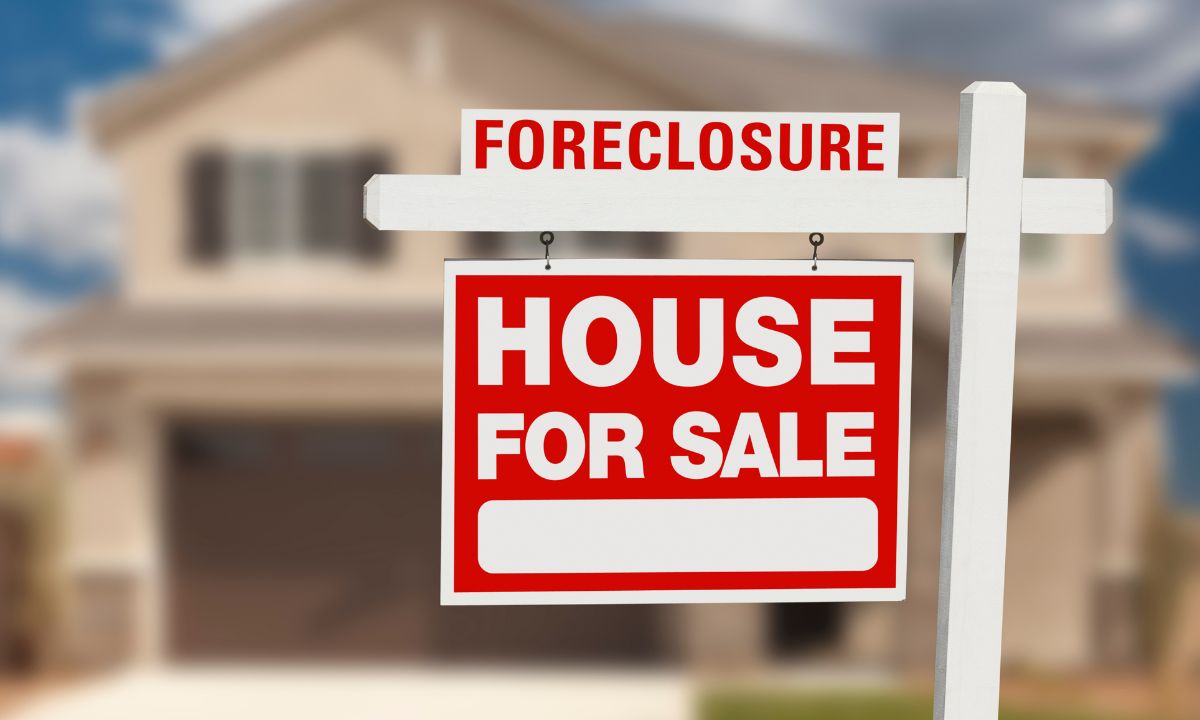 Purchasing a home is a significant milestone, and traditional mortgages aren’t the only route to achieving this dream. For many homebuyers, especially those who may face challenges with conventional financing, exploring alternative financing options can be a game-changer. We will discuss three creative financing options: rent-to-own, lease-purchase agreements, and shared equity arrangements.
Purchasing a home is a significant milestone, and traditional mortgages aren’t the only route to achieving this dream. For many homebuyers, especially those who may face challenges with conventional financing, exploring alternative financing options can be a game-changer. We will discuss three creative financing options: rent-to-own, lease-purchase agreements, and shared equity arrangements.
Rent-to-Own: Bridging the Gap to Homeownership
First and foremost, let’s discuss rent-to-own arrangements. This option allows potential buyers to rent a home to purchase it after a set period. During the rental phase, a portion of the monthly rent may go toward the future purchase price. This method is particularly beneficial for individuals who need time to improve their credit score or save for a down payment.
Rent-to-own agreements typically lock in the purchase price at the outset, shielding buyers from potential market fluctuations. This can be advantageous in a rising market, as you’ll secure your future home at today’s prices. However, it’s crucial to thoroughly understand the terms and ensure they are fair and transparent.
Lease-Purchase Agreements: A Step Beyond Rent-to-Own
In addition to rent-to-own, lease-purchase agreements offer another pathway. Although similar, lease-purchase agreements obligate the renter to purchase the property at the end of the lease term. This binding agreement can be a double-edged sword. On one hand, it provides certainty and a clear path to homeownership. On the other hand, it requires the buyer to be fully committed to purchasing the home, regardless of any changes in circumstances.
Lease-purchase agreements can include stipulations regarding maintenance and repairs, making it imperative for both parties to clearly define their responsibilities. This option is ideal for those who are committed to buying a home but need a bit more time to get their finances in order.
Shared Equity Arrangements: Partnering for Purchase
Shared equity arrangements present a unique approach to homeownership. In these agreements, a buyer partners with an investor or government entity to purchase a home. The buyer and the partner both contribute to the down payment and share in the home’s equity.
This method can significantly reduce the amount of money a buyer needs upfront, making homeownership more accessible. Additionally, shared equity arrangements often come with favorable terms for the buyer, such as lower interest rates or the option to buy out the partner’s share in the future.
However, it’s important to carefully consider the long-term implications. Sharing equity means sharing the profits when the home is sold, so buyers should weigh the benefits of immediate assistance against the potential future cost.
Creative financing options like rent-to-own, lease-purchase agreements, and shared equity arrangements can open doors to homeownership for many who might otherwise find it out of reach. By understanding and exploring these alternatives, you can find the path that best suits your needs and circumstances.
If you’re considering one of these options, it’s always wise to consult with a mortgage professional to ensure you make an informed decision. Give us a call, we can help you navigate the complexities of home financing and move closer to your dream of owning a home.
 As a homeowner, the thought of foreclosure can be daunting. Understanding what foreclosure is and how to prevent it can provide peace of mind and safeguard your investment.
As a homeowner, the thought of foreclosure can be daunting. Understanding what foreclosure is and how to prevent it can provide peace of mind and safeguard your investment.